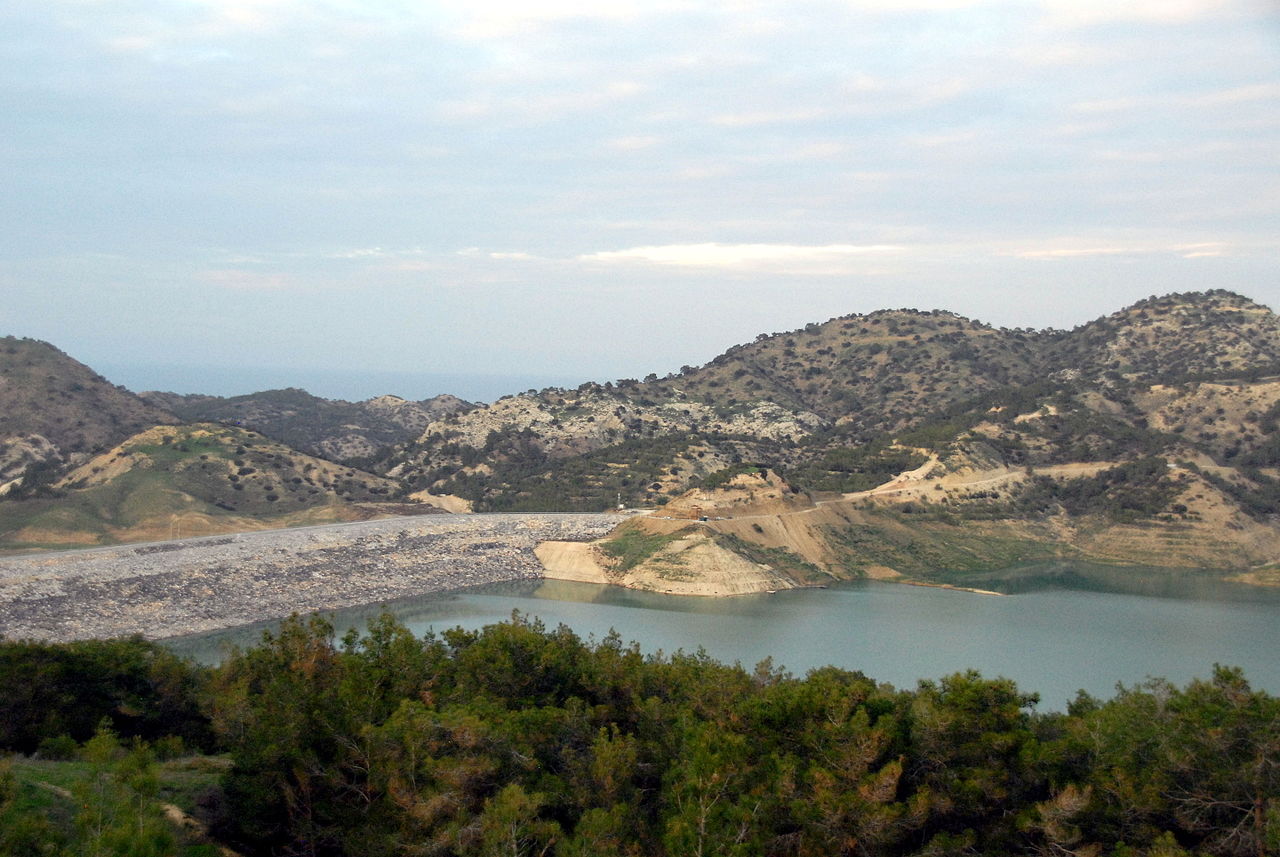The north will be cut off from Turkish water for four days from Tuesday due to a fault at the pumping station in the Kyrenia district village of Panagra, where it arrives from Turkey.
The north’s ‘agriculture ministry’ said the supply system had faced a total of 13 malfunctions since the north’s entire electricity grid went down a month ago after an explosion at a substation.
It added that while 12 of those malfunctions had been resolved without any interruptions to the water supply, the one remaining malfunction “will require a water outage to resolve”.
As such, it said, Turkish water will be cut off from the north until Friday.
It thus urged people living in the north to “use water consciously and economically” until then.
Water from Turkey has been flowing into the north since 2015, when the undersea pipeline was completed, securing a water supply which had until then been unstable and prone to shortages.
Water consumption in the north has been rising rapidly in recent years, and ‘agriculture minister’ Huseyin Cavus said last month that the amount of water being consumed in the north is already reaching levels not expected until 2043.
“We used 44 million cubic metres of water for drinking and irrigation from Turkey last year, along with 13 million cubic metres from local sources. In addition, seven million cubic metres were used for agricultural irrigation in Morphou,” he said.
“A study carried out in 2011 projected that the amount of water used in a year would reach 44 million by 2043, but we reached that level last year. We have a rapidly growing population.”
Previously, biologists Niyazi Turkseven and Hasan Sarpten had warned against complacency among Turkish Cypriots regarding the island’s water supply as Turkey supplies the bulk of it.
“We look at the water in Panagra coming from Turkey and ignore the local water supply problems. However, we do not think that even the water of the ‘motherland’ can be a solution to our problems,” they said.
They added that if Turkey also experiences droughts while the north does nothing to preserve its domestic supply, the north will then have no option but to suffer the brunt of any further water shortages.
“Soon, when the water resources on the opposite shore of the Levant decrease, we will surely begin to understand that importing water is not a solution to our problems. By then, though, it will be too late,” they said.






Click here to change your cookie preferences